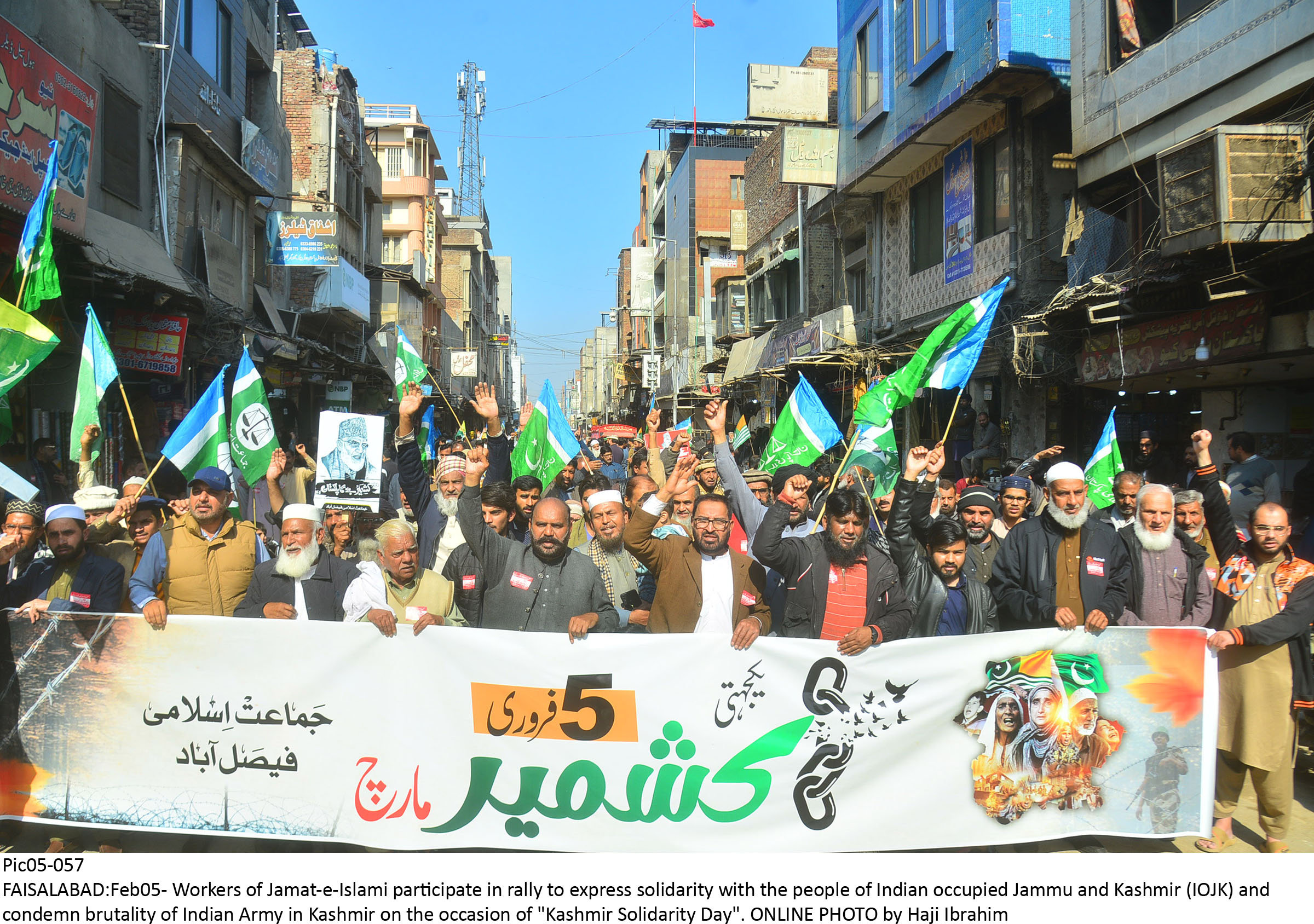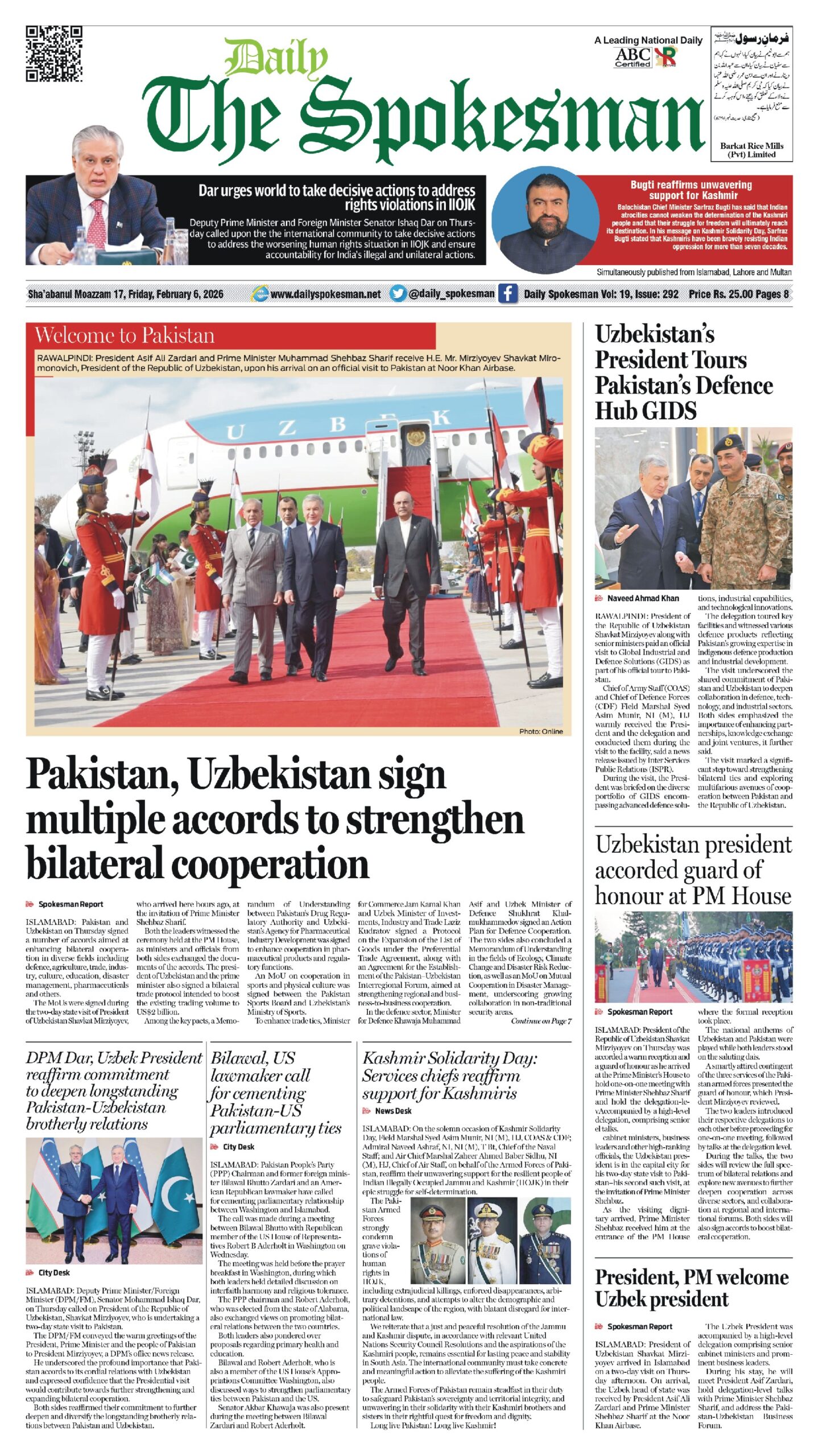
Abdul Basit Alvi
During Khan’s tenure, Pakistan faced significant economic challenges, including high inflation, escalating debt, and depleting foreign reserves. Critics argued that his government’s economic policies, particularly regarding inflation management and external debt, were ineffective. His failure to adequately address these issues distanced Pakistan from international financial institutions, leading to credit downgrades and strained economic relations. Khan’s economic mismanagement further weakened the country’s financial position, making it more vulnerable to external pressures from international creditors. These economic problems, combined with growing domestic political unrest, led to claims that Khan’s leadership harmed Pakistan’s long-term economic stability.
A central issue throughout Khan’s tenure was his tendency to prioritize personal interests over the state’s welfare. Examples such as the 2014 Dharna, the Cypher drama, his letter to the IMF, and the events of May 9 and November 24-26, illustrate how his personal gains often took precedence over national concerns. Recently, Khan reignited controversy by urging overseas Pakistanis to withhold remittances to Pakistan, further fueling debates about the potential impact on the country’s economy, foreign relations, and political climate. This move, aimed at pressuring the current government, has raised concerns about its long-term effects and whether it will achieve its intended objectives.
Remittances, which have long been a crucial source of foreign exchange for Pakistan, play a vital role in stabilizing the economy, especially during times of crisis. In 2023, remittances from overseas Pakistanis amounted to approximately $30 billion, making them one of the largest sources of foreign currency for the country. These funds are not only crucial for Pakistan’s foreign reserves but also provide essential support for millions of families across the nation, contributing to poverty alleviation, healthcare, education, and infrastructure development. For many Pakistanis living abroad, sending money back home is a means of supporting loved ones and communities, making Khan’s call to withhold remittances a controversial and potentially damaging move for both the economy and national unity. These remittances are crucial for the survival of millions, and any significant reduction in their flow could result in severe hardship for the most vulnerable segments of society. In this context, Khan’s call could have a profound effect on the daily lives of many Pakistanis. Imran Khan has framed his request to withhold remittances as a strategy to pressure the current government. By urging overseas Pakistanis to withhold remittances, Khan is attempting to exert economic pressure. However, critics argue that this move could backfire, both economically and politically. While it may cause temporary discomfort for the government, it could have severe consequences for ordinary citizens who depend on remittances. Moreover, withholding remittances could damage the relationship between the Pakistani diaspora and their home country, potentially alienating a crucial constituency that has long supported Khan’s party, both politically and financially. The fallout could deepen political divisions, further polarizing the nation and making it even harder to find common ground to address the country’s challenges.
Khan’s call could also strain Pakistan’s relations with countries where millions of Pakistanis work, such as the Gulf States, the United Kingdom, the United States, and Canada. Encouraging workers to stop sending money home may be perceived by these nations as politically motivated or destabilizing. Although remittances are primarily private transactions, the political undertone of this request could lead to diplomatic tensions, particularly if the Pakistani diaspora feels the government is antagonistic toward their financial support. In an already volatile geopolitical environment, this strategy could create unnecessary friction that Pakistan can ill afford.
Economically, a reduction in remittances would worsen Pakistan’s already precarious financial situation. The country is struggling with a significant trade deficit, foreign debt obligations, and soaring inflation. A decrease in remittances would likely worsen currency depreciation and further deplete foreign exchange reserves, potentially leading to more austerity measures, higher taxes, and cuts in public spending. During negotiations with the International Monetary Fund (IMF) and other international financial institutions for aid and loans, a reduction in remittances could complicate Pakistan’s ability to meet financial obligations and hinder much-needed economic reforms.
His call reflects a lack of regard for the nation’s well-being, with his actions being viewed as self-serving rather than in the national interest. The Pakistani people and diaspora have consistently demonstrated their loyalty and patriotism, prioritizing the country’s interests over those of any political leader. The Pakistani diaspora, in particular, has distanced itself from this call for civil disobedience, considering it an anti-state action. This sentiment is reflected in the 31% increase in remittances sent to Pakistan in 2024. From January to November 2024, overseas Pakistanis sent $21.5 billion, with Saudi Arabia contributing the largest share at $7.29 billion, a 38.7% increase from the previous year. Pakistanis in the UAE sent $6.15 billion, up 55% from last year, while those in the UK sent $4.71 billion. Overseas Pakistanis sent $3.61 billion from the European Union and $3.44 billion from the United States to Pakistan. In addition to Saudi Arabia and the UAE, other Gulf countries contributed $3.17 billion in remittances to Pakistan, while Australia and Malaysia also emerged as key destinations for Pakistani job seekers abroad.
Despite the malicious efforts of our enemies and some anti-state elements, Pakistan’s economy is continuing to grow and improve. The Pakistan Stock Exchange experienced a significant surge on the last trading day of 2024, with the 100 index rising by more than 3,900 points. By the close of trading, the 100 index stood at 115,259 points, an increase of 3,907 points. During the day, the highest point reached by the 100 index was 115,422 points. A total of 1.05 billion shares were traded, valued at Rs 40.88 billion, while the market capitalization rose by Rs 432 billion to reach Rs 14,558 billion. Throughout the trading session, the 100 index fluctuated within a range of 1,796 points, with 81.5 crore shares traded worth Rs 32.9 billion. The market capitalization saw an increase of Rs 112 billion, settling at Rs 14,126 billion.
The economic and trade performance demonstrates that investors have strong confidence in the initiatives taken by the government and the Army Chief to improve the economy and create a favorable environment for growth. The Pakistani diaspora remains loyal and patriotic, fully rejecting this harmful call for civil disobedience. The people of Pakistan stand united against those who seek to undermine the nation for personal political gain.






